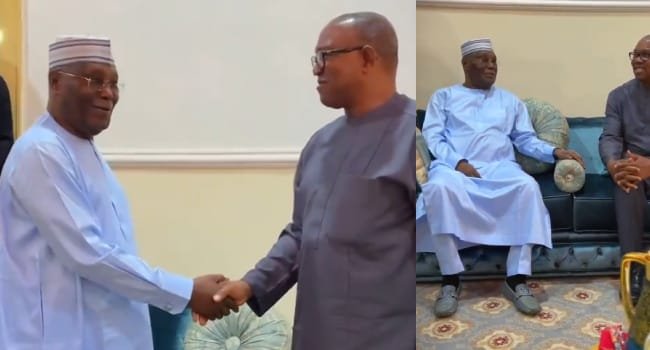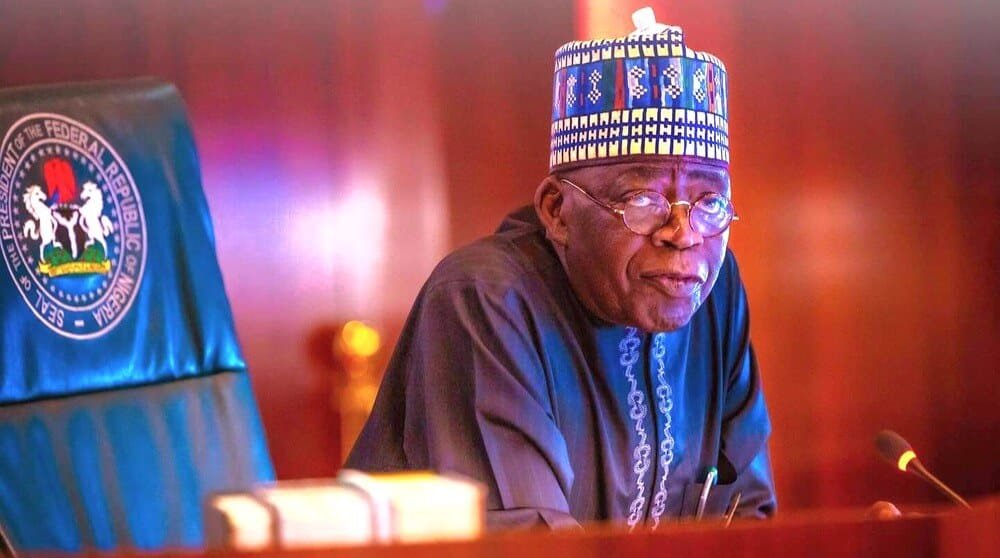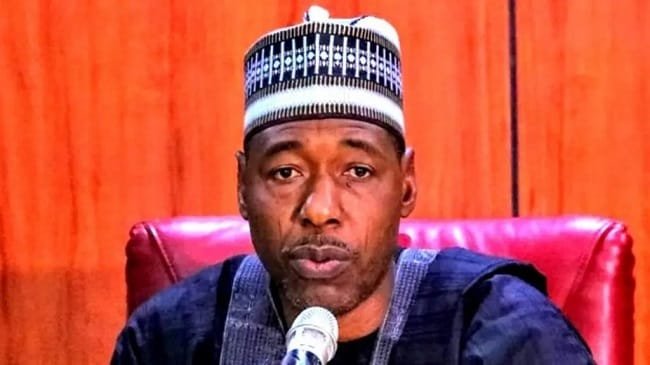
Fiscal Reform or Public Backlash? Unpacking the Protests in Abuja
- government
- December 3, 2024
- No Comment
- 18
In a dramatic turn of events, the National Assembly was taken over by hundreds of protesters expressing their grievances over the proposed tax reform bills introduced under President Bola Ahmed Tinubu’s administration. The demonstration, which occurred today in Abuja, has drawn significant public attention, sparking widespread debates on the reforms’ impact on Nigeria’s economic and social landscape.
The Controversial Tax Reform Bills
The tax reform bills, part of Tinubu’s broader fiscal policies, aim to increase government revenue by expanding the tax base and addressing inefficiencies in Nigeria’s taxation system. These measures include introducing new taxes, modifying existing tax structures, and enforcing stricter compliance mechanisms.
Proponents argue the reforms are necessary to bridge Nigeria’s widening fiscal deficit and stimulate economic growth. However, critics contend that the changes disproportionately affect low- and middle-income earners, increasing their financial burdens during an already challenging economic period marked by rising inflation and unemployment.
The Protesters’ Demands
Chanting slogans and carrying placards, the protesters, a coalition of civil society groups, labor unions, and concerned citizens, demanded the immediate withdrawal of the tax bills. Key points of contention include:
- Increased Cost of Living: Protesters argue that the reforms will exacerbate poverty levels by imposing additional financial strain on everyday Nigerians.
- Lack of Transparency: Concerns were raised over insufficient public consultation and lack of clarity on how the additional revenue would be utilized.
- Economic Inequality: Critics claim that the reforms favor wealthy corporations and elites while penalizing ordinary citizens.

Reactions from Lawmakers
The National Assembly’s leadership attempted to address the protesters, promising to review the controversial bills and hold further discussions to ensure that the reforms align with public interests. Senator Ahmad Lawan, the Senate President, assured the protesters that their grievances would be considered during the legislative review process.
Public Opinion
Public reactions to the protests have been mixed. Some Nigerians have expressed solidarity with the demonstrators, emphasizing the need for fair and inclusive tax policies. Others argue that the reforms, while painful in the short term, are essential for Nigeria’s long-term economic stability.
The Road Ahead
The protests underline the importance of transparent and inclusive policy-making, especially in matters as sensitive as tax reform. While the government aims to address Nigeria’s economic challenges, it must carefully balance fiscal prudence with public welfare to ensure equitable development.
As the debate unfolds, the coming weeks will be critical in determining the fate of Tinubu’s tax reforms. The government’s response to these protests will likely set the tone for future engagements with its citizenry on pressing economic issues.
What are your thoughts on the proposed tax reforms? Share your opinions in the comments below!








